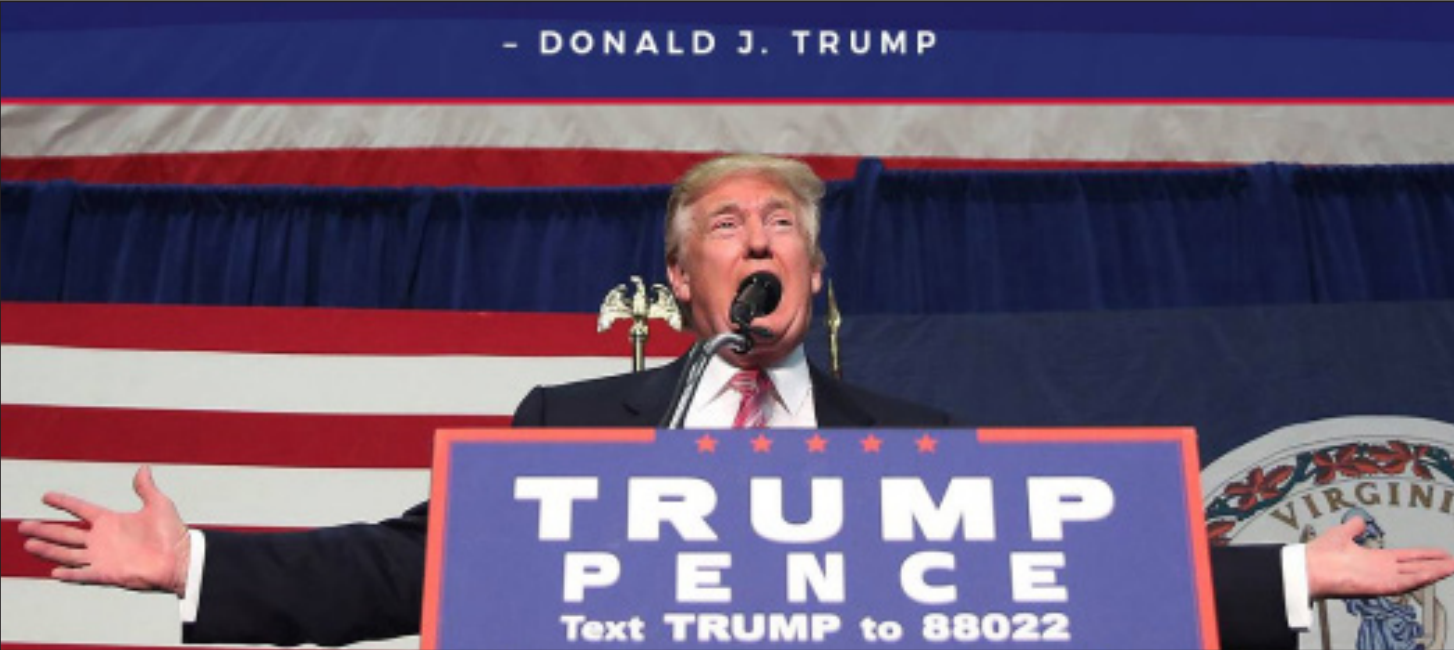By Kit Weber, Photo Editor
One of the major financial concerns in owning a pet is the question of whether to get it spayed.
When an animal is spayed or neutered, the reproductive organs are removed, usually to help limit the chance of future unwarranted offspring.
Although many owners opt for this option, it is still slightly controversial. Some believe you shouldn’t spay your pet in fear of interfering with its personality or way of life. Others believe you should spay your pet to keep them from searching for mates, potentially causing them harm by escaping. What’s the right answer?
According to The Humane Society of the United States, there are an estimated 6 to 8 million homeless animals entering animal shelters every year. Barely half of these animals are adopted, and the rest are euthanized.
When an owner allows their pet to have even one litter, it adds to this overpopulation. This overpopulation first needs to be fixed by increasing adoption of animals at risk of euthanization from kill shelters.
Even if homes are found for all the offspring of an unspayed female, there are then less homes available to pets who already need them.
Neutered male dogs live 18 percent longer than those not neutered and spayed female dogs live 23 percent longer than unspayed females, according to The Humane Society of the United States.
Another benefit of neutering is a reduced urge to roam and mark their territory. By not going into heat and searching or fighting for mates, pet owner headaches are lessened.
Often, an unneutered pet’s instinct is so strong to look for mates they will cross busy streets and be struck by moving vehicles. Even with purely indoor pets, spaying or neutering prevents potential behavioral concerns.
According to Ten, a movement to end feline homelessness, foregoing spaying or neutering an indoor cat increases the risk of reproductive cancers and undesirable mating behaviors.
When it comes to food and finances, there have been studies showing neutered pets simply require less. According to The No-Kill Cat Nation Home, pets who are neutered need fewer calories than those unneutered due to a lowered metabolic rate. This caloric difference can sometimes can reach up to 25% less for those neutered.
More truths are hidden when owners claim they want to breed their dog or cat as a “purebred,” so they remain unneutered.
The truth is about one in every four pets in a shelter is purebred or designer breed according to Ten.
One of the largest issues people have with neutering their pets is the price. The lesser known reality is that charitable organizations, even veterinarians, offer lower prices.
Consider the costs of raising your pet’s cute, new litter: the food, the vaccinations, the time and more. Ultimately, the option of spaying or neutering your pet is much cheaper, healthier and happier in the long run.









